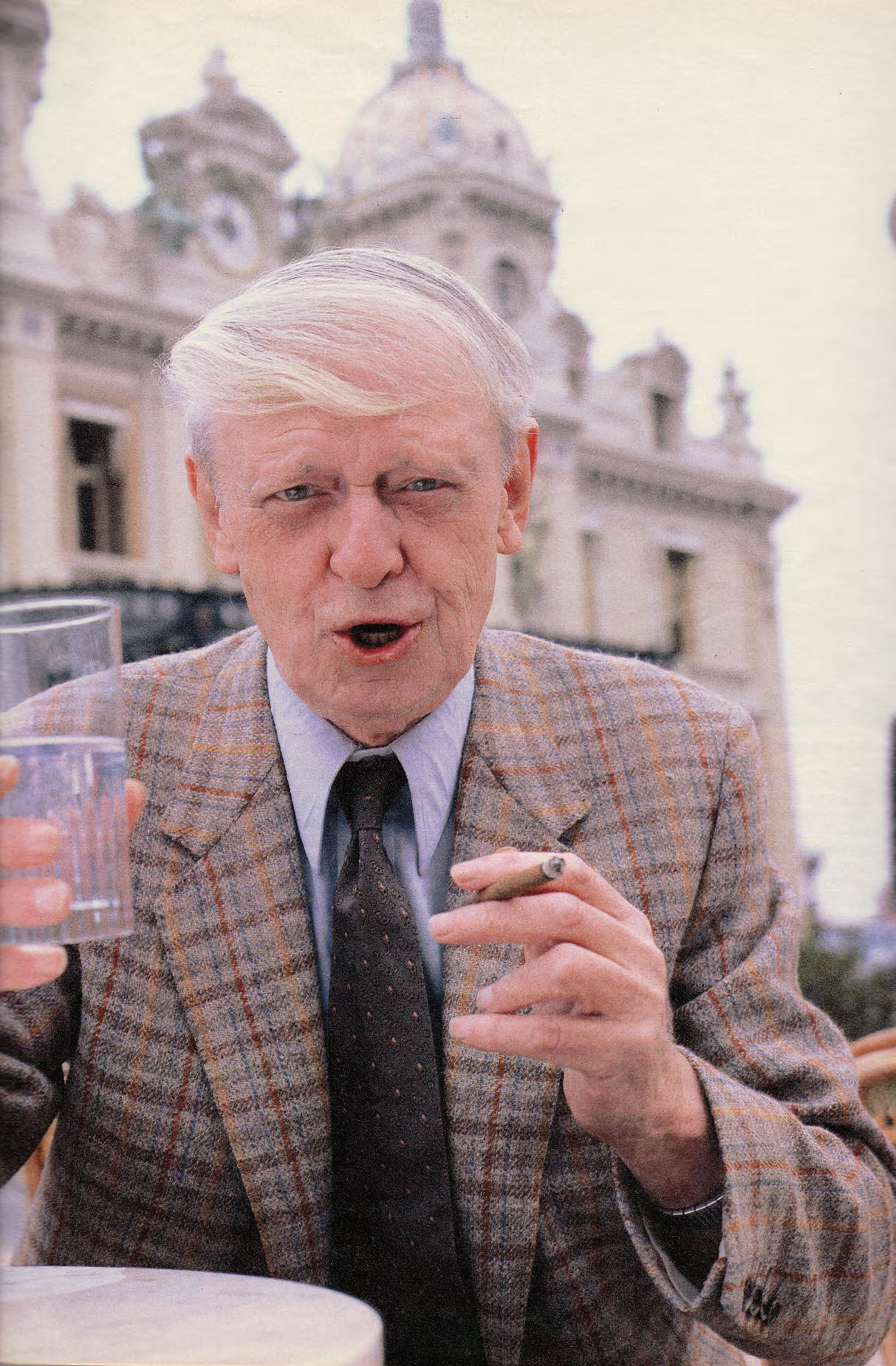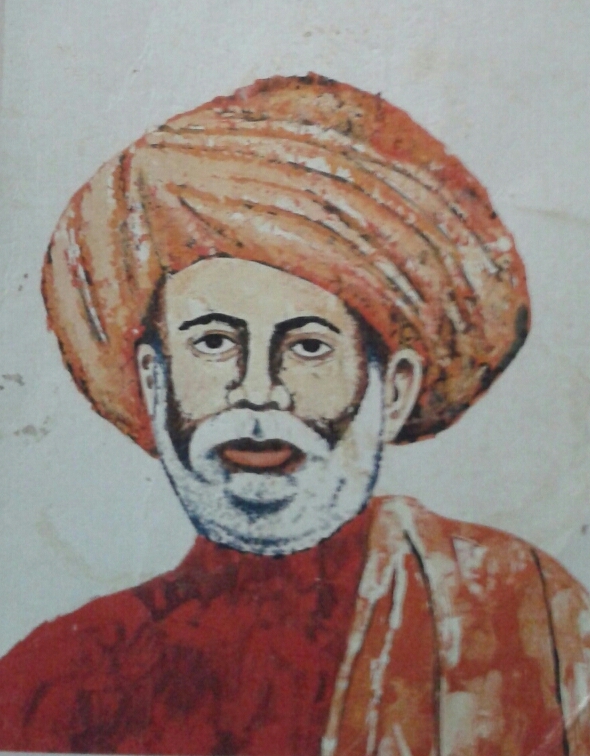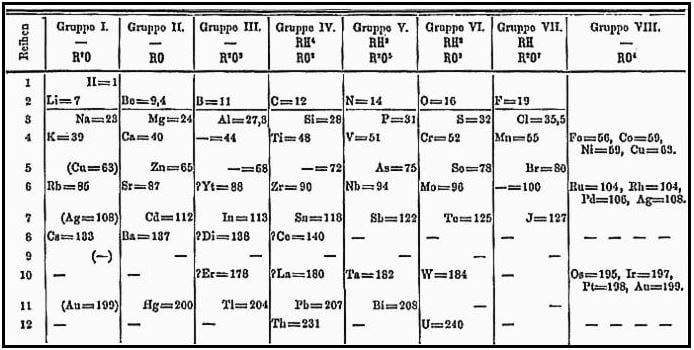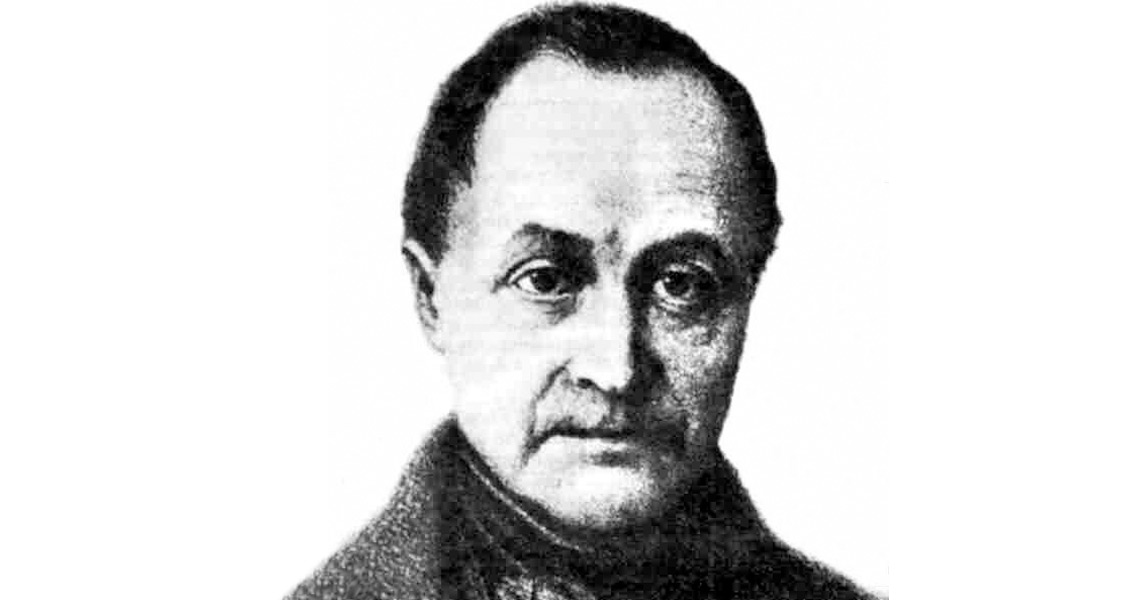NineteenthCentury Philosophy, Third Edition (Philosophic Classics, Volume IV) DjVu, doc, ePub, PDF, txt formats. We will be pleased if you come back more. The spirit of christ and the postmodern city: This contrasts with the understanding by over a third of those upper levels of nineteenth century Nineteenth Century Philosophy. Which philosophical theory is closely related to empiricism? Which of these statements is true? The German Enlightenment of the 1800s saw a movement of philosophy within the universities. Essential reading for students and researchers in philosophy of mind, continental philosophy, and the history of philosophy, Philosophy of Mind in the Nineteenth Century is also a valuable resource for those in related disciplines such as psychology, religion, and literature. Nineteenth Century Philosophy Home Page. Mattey for a course at University of California at Davis. Readings in the History of Philosophy is organized chronologically; thus, each volume may be used independently as introductory, comparative, or reference material in a wide range of courses in philosophy and humanities. Taken together, these eight volumes form an integrated series that skillfully illustrates the contributions and influence of the major figures of Western philosophy from the. Introduction: Why study the philosophy of the 19th century? Why study the philosophy of the 19th century? Many of the philosophy courses In important ways the nineteenth century has helped shape our image of man. Most of us are not aware of this, because. NineteenthCentury Continental Philosophy, History Of Modern Philosophy, John Stuart Mill, Naturalism (Philosophy) Constance Naden: A Critical Overview Constance Naden ( ) occupies a uniquely interdisciplinary position within Victorian studies: she was a scientist and a philosopher, as well as a poet, and viewed these roles as. The Cambridge Companion to Hegel and NineteenthCentury Philosophy examines Hegel within his broader historical and philosophical contexts. Covering all major aspects of Hegel's philosophy, the volume provides an introduction to his logic, epistemology, philosophy of mind, social and political philosophy, philosophy of nature and aesthetics. Volume 2 of the new eightvolume series The History of Continental Philosophy, which is edited by Alan Schrift and Daniel Conway, is devoted to nineteenthcentury philosophy between 1840 and 1900. This volume, like others in the series, is aimed at both specialists and beginners who need an overview and introduction to a specific topic. This volume contains thirty new essays by leading experts on British philosophy in the nineteenth century, and provides a comprehensive and unrivalled resource for advanced students and scholars. The Nineteenth Century Philosophy Reader is an ideal anthology for anyone seeking to engage with and learn about this important period. As well as appealing to students of nineteenthcentury philosophy, it will also be of interest to those in related fields such as literature, religion, and social and political theory. This is a superb volume with outstanding contributions by the very top scholars of German Idealism and nineteenth century philosophy. The Cambridge Companion to Hegel and NineteenthCentury Philosophy examines Hegel within his broader historical and philosophical contexts. Covering all major aspects of Hegel's philosophy, the volume provides an introduction to his logic, epistemology, philosophy. 19thCentury Philosophy Philosophers of the 19th century generally developed their views with reference to the work of Kant. In Germany, Kants influence led subsequent philosophers to explore idealism and ethical voluntarism, a philosophical tradition that places a strong emphasis on human will. Debates in NineteenthCentury European Philosophy offers an engaging and indepth introduction to the philosophical questions raised by this rich and far reaching period in the history of philosophy. Throughout thirty chapters (organized into fifteen The Oxford Handbook of German Philosophy in the Nineteenth Century is the first collective critical study of this important period in intellectual history. The volume is divided into four parts. The first part explores individual philosophers, including Fichte, Hegel, Schopenhauer, Marx, and Nietzsche, amongst other great thinkers of the period. This article presents the history of philosophy of history from Ancient Greece to the present, with particular emphases on the variety of 19th century philosophy of history and on the divide between continental and Anglophone or analytic philosophy of history in the 20th century. Part of a really good series of introductions to philosophy, this anthology of selections illuminates like lightning what makes 19th century thought unique from 18th. This paper covers postKantian nineteenthcentury German philosophers, including Fichte, Schelling, Hegel, Schopenhauer, and Nietzsche. The most essential historical background for this paper is a general knowledge of Kant's philosophy, to which all of these thinkers are. [Patrick L Gardiner The full scope and impact of Western philosophy from the Presocratics to the important thinkers of the twentieth century are presented in this original paperback series. This volume contains thirty new essays by leading experts on British philosophy in the nineteenth century, and provides a comprehensive and unrivalled resource for advanced students and scholars. Late Nineteenth Century Social Philosophy The postRevolutionary philosophers of the early Nineteenth Century were prescient in foreseeing the social problems of the Industrial Age. By midcentury, the philosophical emphasis had shifted from social reform to epistemological reform of philosophy itself, shifting philosophy away from idealism to. This article discusses the intellectual roots and political history of conservatism from the 18th century to the present. For coverage of conservative ideas in the history of. Philosophers born in the 19th century (and others important in the history of philosophy), listed alphabetically: For the history of philosophy in the 19th century, see 19thcentury philosophy. Note: This list has a minimal criterion for inclusion and the relevance to. Mandelbaum's History, Man and Reason: A Study in Nineteenth Century Thought (1971), which provides background and references. Hirschberger's A Short History of Western Philosophy (1976) and John Passmore's A Hundred Years of Philosophy (1984). Nineteenthcentury German philosophy made important contributions to virtually all areas of philosophy that are still distinguished in academic philosophy departments today. Written by a team of leading experts, The Oxford Handbook of German Philosophy in the Nineteenth Century is the first collective critical study of this great period in. Fashioning the Nineteenth Century shows how certain items of apparel acquired the status of fashion and how fashion shifted from the realm of the elites into. Transcendentalism is an American literary, political, and philosophical movement of the early nineteenth century, centered around Ralph Waldo Emerson. Other important transcendentalists were Henry David Thoreau, Margaret Fuller, Amos Bronson Alcott, Frederic Henry Hedge, and Theodore Parker. The nineteenth century saw not only a widespread interest in philosophical ideas but also philosophy's development as a more rigorous discipline. Australian philosopher Peter Singer introduces us to the highlights of a century of philosophy books. The latest volume in the Cambridge Histories of Philosophy series, The Cambridge History of Philosophy in the Nineteenth Century ( ) brings together twentynine leading experts in the field and covers the years. General Editors: David Bourget (Western Ontario) David Chalmers (ANU, NYU) Area Editors: David Bourget Gwen Bradford Berit Brogaard Margaret Cameron David Chalmers James Chase Rafael De Clercq Ezio Di Di Nucci Barry Hallen Hans Halvorson Jonathan Ichikawa By century's end, traditional philosophical work continued in full force, for example, with a strong surge of interest in philosophy of mind, philosophy of science, etc. , but was accompanied at the same time by a sharp increase in these newlydemanded foci, such as philosophy of. Empiricism and Rationalism in NineteenthCentury Histories of Philosophy Alberto Vanzo Journal of the History of Ideas, Volume 77, Number 2, April 2016, pp. 2 Nineteenthcentury Philosophy Syllabus Fall18 Your course grade will correspond, as described in section four of our policies, to the average THE CAMBRIDGE COMPANION TO HEGEL AND NINETEENTHCENTURY PHILOSOPHY The Cambridge Companion to Hegel and NineteenthCentury Phi losophy examines Hegel within his broader historical and philo sophical contexts. Covering all major aspects of Hegel's philosophy. In the nineteenth century, geometry, like most academic disciplines, went through a period of growth verging on cataclysm. During this period, the content of geometry and its internal diversity increased almost beyond recognition; the axiomatic method, vaunted since antiquity by the admirers of. Acknowledgements Introduction: Philosophy in the Nineteenth Century, Alison Stone 1. The New Spinozism, George di Giovanni 2. The Absolute in German Romanticism and Idealism, Dalia T. Nassar NineteenthCentury Philosophy assesses the response of each of these leading figures to Hegelian philosophy the dominant paradigm of the time to the shifting political landscape of Europe and the United States, and also to the emerging critique of modernity itself. Perhaps the most obvious sense in which the second half of the nineteenth century saw a return to the eighteenth was in the way that the major movements of the period materialism, positivism, empiricism went back to a conception of science and of sciences relation to philosophy that belonged to the seventeenth and eighteenth centuries. In a world today marked by the culture industry of speed, purpose, and efficiency, this essay celebrates Kierkegaard's loafer [Dagdriver as a model of resistance, a philosopher of. While the postKantian German idealists and Romantics had a shared sense of the difficulties to be overcome, and of the way in which Kant himself had failed to resolve these difficulties, they differed amongst themselves over what alternative solution to propose, and the struggle between them was at times intense (see German idealism; Romanticism, German. ) Leading research and textbooks from the Bloomsbury Academic philosophy list in nineteenthcentury philosophy. The nineteenth century was one of the most remarkable periods in the history of philosophy and a period of great intellectual, social, and scientific change. Challenging philosophical thought of earlier centuries, it caused shock waves that lasted well into the twentieth century. Patrick Lancaster Gardiner was a British academic philosopher, a Fellow of Magdalen College, Oxford. His father was Clive Gardiner, a landscape artist and principal of Goldsmiths College; his mother was Lilian Lancaster, an artist and a pupil of Walter Sickert. Notre Dame Philosophical Reviews is an electronic, peerreviewed journal that publishes timely reviews of scholarly philosophy books. Nietzsche's Naturalism: Philosophy and the Life Sciences in the Nineteenth Century Reviews Notre Dame Philosophical Reviews University of Notre Dame Summary of: nineteenth century philosophy readings in the history of philosophy the readings in the history of philosophy series has been the most helpful series i have found for anyone interested in learning the cannon of historical philosophy nineteenth century philosophy Nineteenth and twentieth century philosophy of consciousness [. The nineteenth and twentieth centuries witnessed a confident use of nineteenth century scientific ideas amongst philosophers of mind and a few philosophers such as Whitehead were also coming to terms with modern science. The nineteenth century is perhaps most notable for an intellectual pluralism and a conflict of ideas to a degree never before witnessed. The philosophy of the Enlightenment, which emerged during the seventeenth century and reached its apogee in the eighteenth century, advocated the vigorous.











